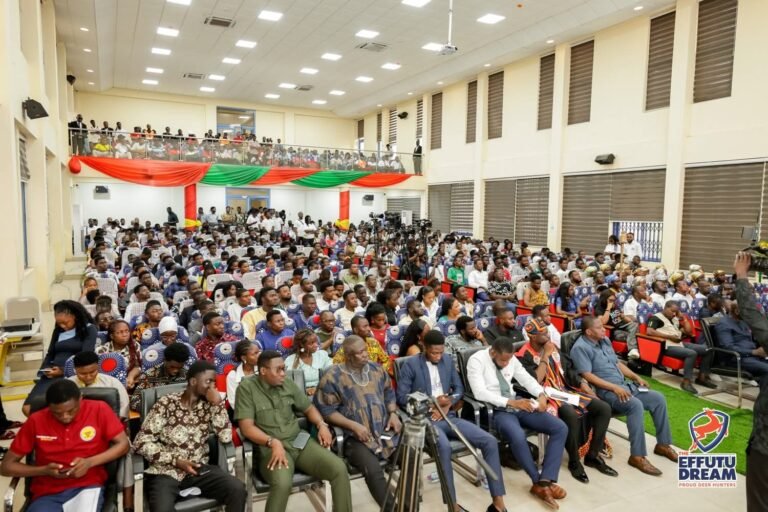
Agbogbloshie is prime land in a strategic part of Accra. Besides, being a business district area, it overlooks the sea and a water body that we have killed through official and communal negligence over the decades.
That stretch, from colonial times, used to be an industrial area till the colonialist businesses, including John Holt and PZ, as well as a famed carpentry and joinery company in the area linking Katamanto, left our shores.
Migrant activity, degradation
In the last three decades, however, it had become a den of thieves and haven for ethnic groupings in the north plotting against their communities, instead of dutifully engaging in their trade in crop and livestock commodities.
Unfortunately, over the period of the longest reigning military junta, we witnessed a worsening of the degradation levels, with a scrap industry festering in the area. The migrant activities degenerated, with social consequences including poor sanitation, manifested in open defecation and naked pollution of the Odaw stretch into the once fresh and rich Korle Lagoon, and ultimately the beach.
When we had had it to the neck, the previous administration, in a desperate attempt to prove a point, mooted the CONTI Project, though it was to die with implementation challenges until the government exited.
In what appears to be an abuse of such a prime land and environment, government intervened and successfully relocated major actors, including huge numbers of informal economy onion traders and cross border economic partners. These actors caused perennial traffic in the strategic part of the business district in an area that should have been a quieter and accessible by-pass into the heart of the business district.
Pervasive
Apart from the challenges of sanitation, successive governments were equally confronted with slum, where putting names to faces and addresses was hugely challenging in fighting criminality. Also, developing social protection policies for the largely migrant population and getting them to be responsibly tax compliant had always appeared impossible.
Throughout the regions, the scourge of slums developing in areas where migrant activities are common confront government and, particularly, our local governance structures.
From Tamale through Kumasi and Techiman, to Tema and Accra and across to Cape Coast and Takoradi, such eyesores afflict us, with beneficiaries using politics to threaten local government chiefs.
Therefore, reports that government is redesigning the community is refreshing. Evidently, it will be dealing with the canker of poor sanitation and criminality as well degradation.
More importantly, it will also lead to the greening of the area and addressing the insipid squalor and uncontrolled populating of the area by teenage migrants.
Options
In holistically redesigning the community, we believe government should look at reducing human and vehicular traffic in an area where long vehicles and their activities have slowed down traffic, and productive hours as a consequence.
If we are considering lighting up the area with construction of light industries that would create jobs, we must be looking at water treatment and challenges in compliance in an environment that is already threatened ecologically.
It appears to us that any other options would naturally have modernisation with a tourism and housing or offices construction plan that attracts investment and creates jobs, while providing a major access route to adjoining communities.
Fortitude
With the plan to reduce traffic and beautify the Abossey Okai community through the Obetsebi Lamptey Interchange Project, the gains will not only be several but enduring.
We therefore commend government for the courage, vision and commitment to improving infrastructure everywhere in the regions.
Though the Mayor of Accra is yet to spell out the details, we believe that with the mandate given government to act in the overall interest of citizens, it will continue to act with fortitude not only in planning and developing the scheme, but also ensuring that it benefits citizens holistically and collectively.







